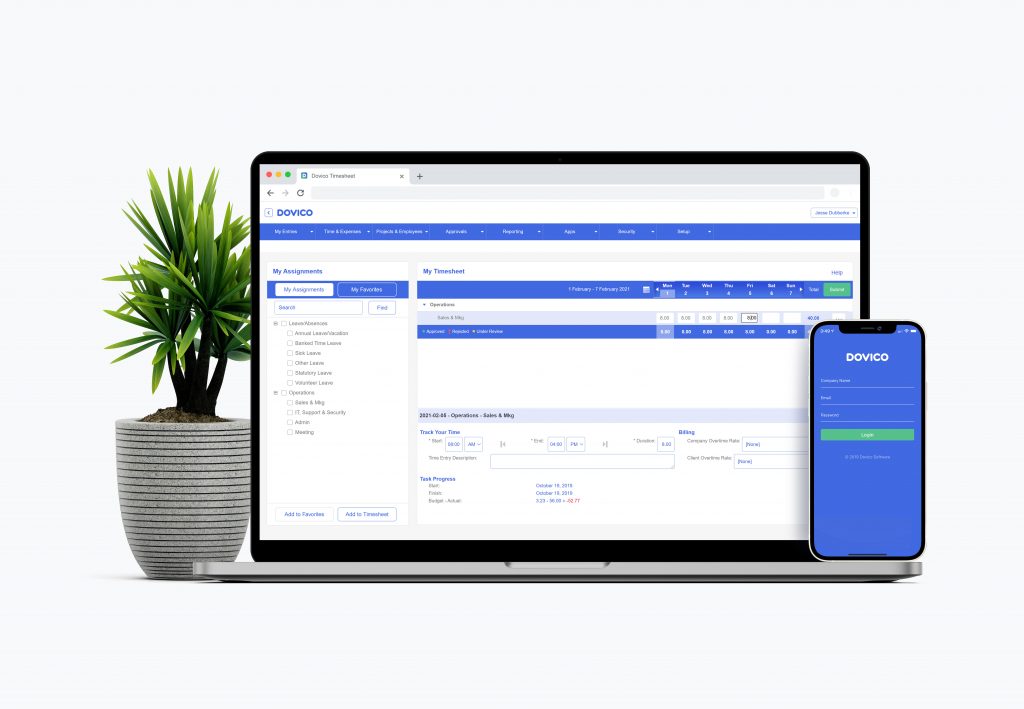
Over the past 12 months, office life as we know it has completely changed. While many of us want our home life to return to normal, we don’t see a “new normal” consisting of full-time in-office work. The reality is, managers are now on the hunt for permanent, stable, and remote-friendly cloud software tools for their team to use. In 2020 alone, cloud spending has increased by 6.3%.
Once upon a time, software tools that we all have grown to love were installed locally onto your PC or server. Precious work files had to be backed up regularly to a server sitting in a dusty closet next to the break room. However, over the past decade, we’ve adopted the need to work and play almost exclusively on the cloud. With a worldwide pandemic leaving its mark on our office culture DNA for good, moving to the cloud is now necessary.
Just in case you still aren’t convinced that moving those tried and tested software tools to the cloud is the best idea, here are some facts to think about:
Migration is often easy and fast
Cloud-based software service companies have perfected the onboarding experience. By investing in various tools to convert information from one system to another, it is in their best interest to get you back to work with as little disruption as possible. The quicker you can adopt and comfortably settle into their product, the faster you can become a loyal and paying customer.
Reduce or eliminate server maintenance costs
Keeping that old server that’s sitting in a dark and dusty closet is a costly affair. When you factor in hardware upgrades, software updates, and labour costs due to downtime and repair, it is much more cost-effective to move most, if not all, your tools online. You never know when those servers will crash. With subscriptions to cloud-based software companies, you have cost and uptime certainty.
Get tech support
With ageing software, companies often drop support for them. As time passes by, it becomes impossible for software companies to support legacy systems. While your office still depends on those tools to get your business done, you are on a deserted island in terms of who you can reach out to fix them.
Like having a warranty on a new car, when you move your software tools to the cloud, you are always an email, chat or phone call away from getting the help you need to get back to work.
More mobility in the tools you use
Often, with in-house hosted software, you need to be within the office’s confines to access that tool. In the early stages of the pandemic, and everyone forced to work from home, this was one of the trickier hurdles that many offices had to get over.
With cloud-based software, all you need is a web browser and a steady internet connection to get working. And for most of them, an app is readily available for your phone. This easy-to-access mobility makes the transition to remote office work seamless.
Routine data backups
Protecting the data that has accumulated is vital to the success and viability of your company. Having your tools hosted on the cloud ensures that your information is safely and frequently backed up offsite. There is no need to have calendar reminders to do backups or worry that hard drives will fail and some vital data will get lost.
Cloud software is routinely updated
Because of the nature of software as a service (SAAS) products, automatic rollouts of fixes, enhancements, and upgrades occur frequently and, most of the time, are performed with minimal impact. There is no need to schedule downtime or suffer when software is neglected and gets buggy from not being updated.
Free Small Business Time Tracking

Join thousands of other Dovico Timesheet users who save project time more efficiently.
Unlimited Time. Unlimited Reports.
Uptime is nearly flawless
Because of the importance of maintaining uninterrupted service, cloud-based software companies often boast nearly 100% uptime. When disruptions do occur, it’s usually from a significant wide-scale disruption that would have derailed your in-house system anyway. Most often, they are minor and last a couple of hours at worst. In offices that host their software on servers sitting in a broom closet, something as simple as a blown power supply can take you offline for days.
Interconnectivity between cloud software is easier
In today’s workplace, duplication of data is a major hindrance. We need our software systems to talk to each other to improve productivity and accuracy. When an office hosts its software and data on its server, it can sometimes feel like it’s living on an island in the middle of a vast ocean. Getting other systems to communicate with your setup can be a security risk and complicated logistically. With modern cloud-based software with fully robust APIs, sharing data is a few easy clicks to reality.
Conclusion
Software is vital to our office harmony. It’s how most of us get our work done. Once upon a time, it was necessary to have a server or some box sitting somewhere in your office to share critical information. Eventually, it became such a crucial aspect of running a business that hiring people to take care of it became a must.
But now, those times have changed.
Offices are becoming much more remote, workforces are becoming fragmented and spread out across the globe. Having to take care of servers and out-of-date software is a hassle, and leaving all of that in the capable hands of software service providers is more cost-effective as well as practical. Software downtime is now a distant memory, and with the reach of a global marketplace, more software options are sitting on the cloud than there ever was sitting at a local computer software store.
If scaling your company and making it much more adaptable to change is important to you, then having your software hosted securely on the internet cloud is truly the only way to go.